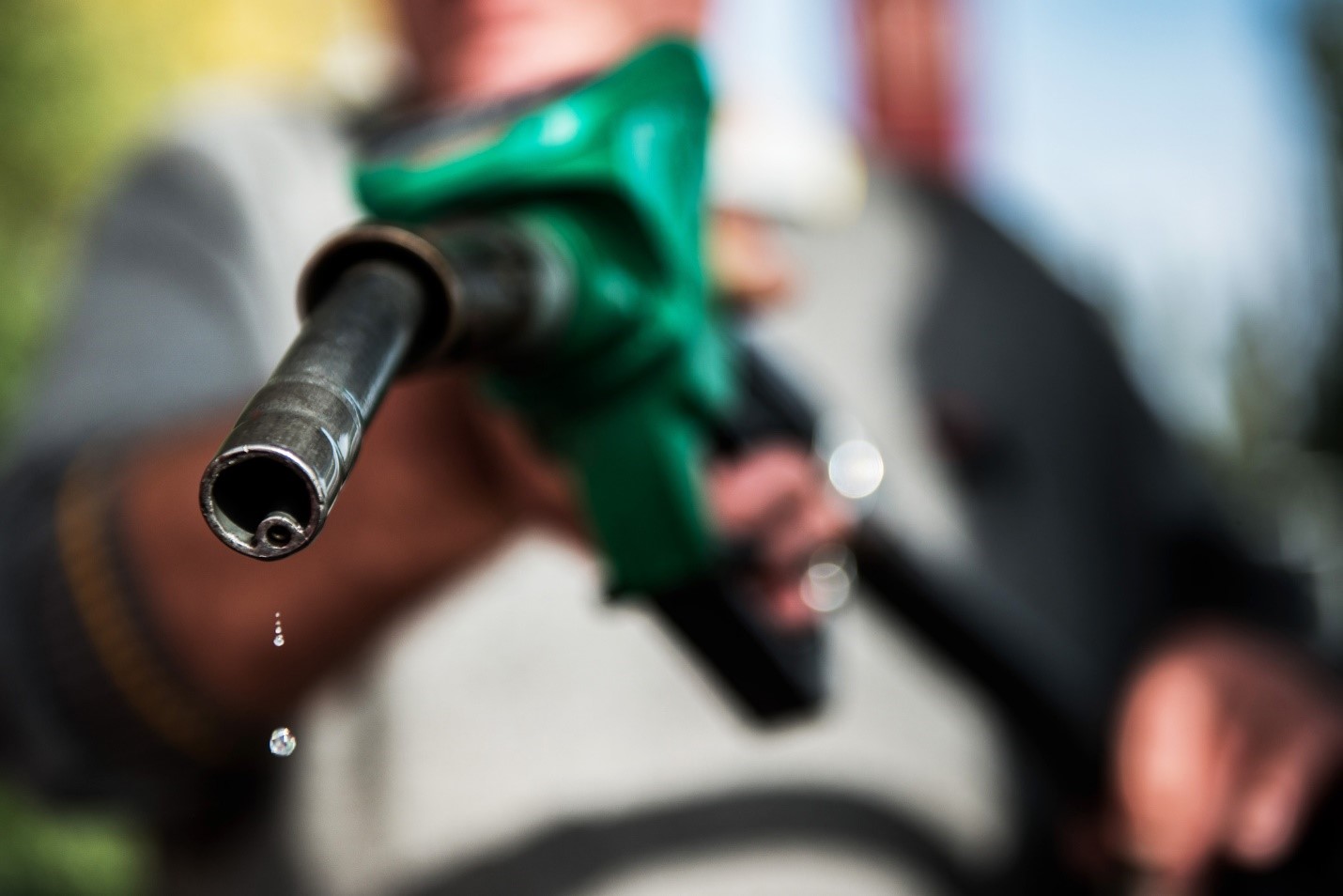FUEL SCARCITY: A RECIPE FOR ECONOMIC MELTDOWN
Nigeria is a country of extremes, both in its people and in its situation but 2023 so far has been too extreme. This time, it is severe fuel scarcity sending a ripple effect throughout the whole country.
It seems to be unheard of that the biggest oil producer in Africa is currently dealing with a persistent fuel shortage problem that is harming everyone and everything, especially small businesses which is gradually leading to an economic meltdown. Too frequently, fuel scarcity occurs like an annual event, sometimes lasting for months.
It is appalling that Many Nigerians who waited in line for hours to acquire fuel in 2022 entered the new year facing the same difficulty.
Less than two weeks before the crucial national elections, Nigeria is dealing with a severe fuel shortage issue. The present scarcity, according to authorities, is the result of the supply chain’s discovery of 100 million liters of imported gasoline that included “methanol proportions beyond Nigeria’s criteria,” which prompted an immediate withdrawal of unspecified amounts of the commodity.
The situation has been exacerbated by the duplicity of fellow Nigerians who try to sell the product at a high price or even sell adulterated or contaminated fuel to consumers. A combination of shortages in oil supplies and rising global oil prices are heightening the effects of the crisis. Seriously degraded infrastructural networks, which include power plants, railways, and bridges have further worsened the fuel scarcity situation.
Fuel scarcity has so far resulted in hyperinflation, economic meltdown and social unrest.
HOW THE ECONOMY IS IMPACTED BY FUEL SCARCITY?
There have been numerous effects. Everyone has been impacted by the country’s infamous energy deficit, particularly small business owners like hairdressers, tailors, and even farmers.
Cities all over the country are displaying the effects of the fuel shortage by having never-ending lines at petrol stations. Unfortunately, after spending hours in line, many Nigerians are being forced to pay as much as N500 per litre of fuel or more depending on location.
Millions of people around the nation spend hours each day snaking through lines to get the meager petrol that is available. In just the first week of February, 136 car engines were reportedly damaged by the contaminated fuel, according to local media.
Also, a recent study revealed that Nigerians are concerned about the state of affairs in the upcoming weeks. They are starting to stockpile fuel as a result. Additionally, this has created a strong market for black market dealers who have continued to benefit financially from the predicament. This is not wise as it can be very dangerous as a little spark could cause a fire outbreak because of the volatile nature of fuel.
The scarcity of fuel has led to a drastic rise in transportation costs. This has led to people being unable to travel, which has created tension between different groups of people. Residents in different parts of the country are protesting about paying more for transportation as a result of the shortage of fuel.
Despite being a major exporter with an estimated daily production of 1.6 billion barrels, China has very little refining capacity. The nation is forced to sell its crude oil and import refined petroleum products for everyday consumption because its colonial-era refineries are in a dead-end situation. To do this, billions of naira in subsidies are given to gasoline importers. Due to this scarcity, the prices of goods and services have skyrocketed. The common man can no longer afford to pay for things he usually would be able to. Families are no longer able to store their food, which means that women are cooking more frequently due to the constant absence of electricity and the lack of fuel for generators.
According to independent oil marketers, the current crisis that is shaking the petroleum industry is far from over.
They say it will get worse before it gets better. Experts recommended a complete redesign of Nigeria’s petroleum consumption infrastructure to prevent similar incidents in the future. One method Nigerians profit from the country’s oil wealth is through subsidies, which should be eliminated in order to stabilize consumer prices.









